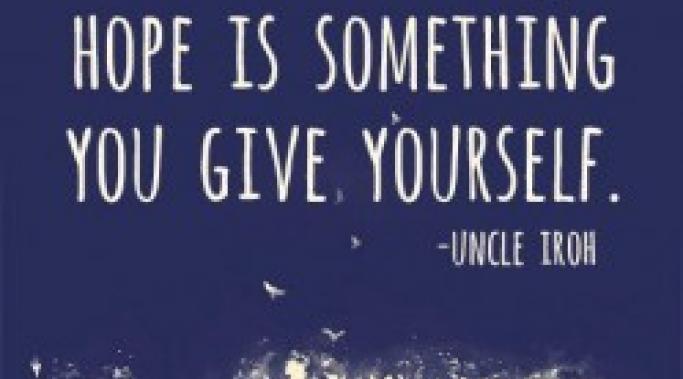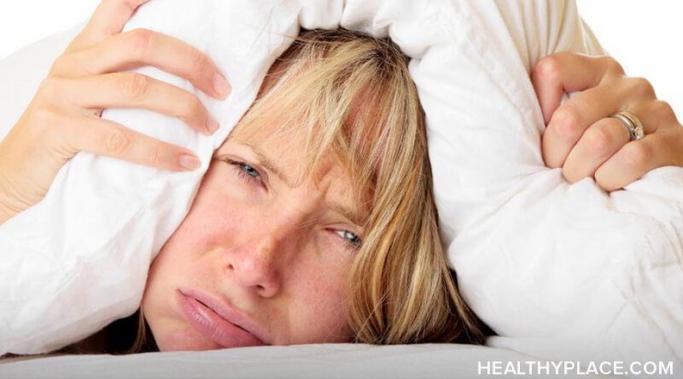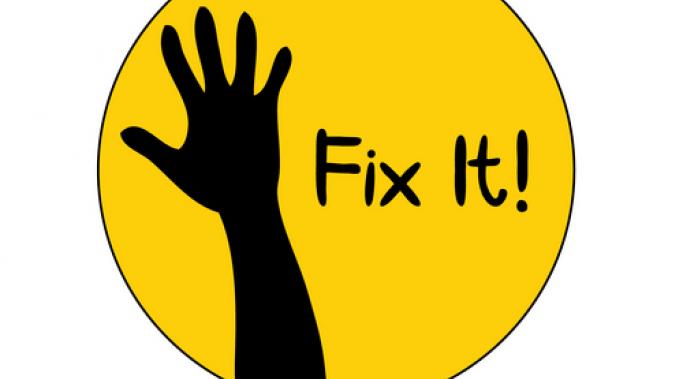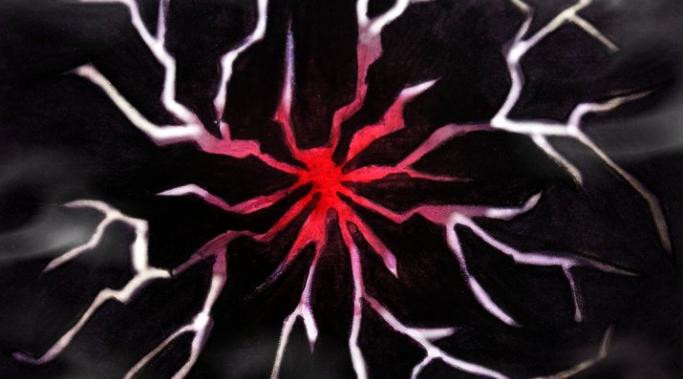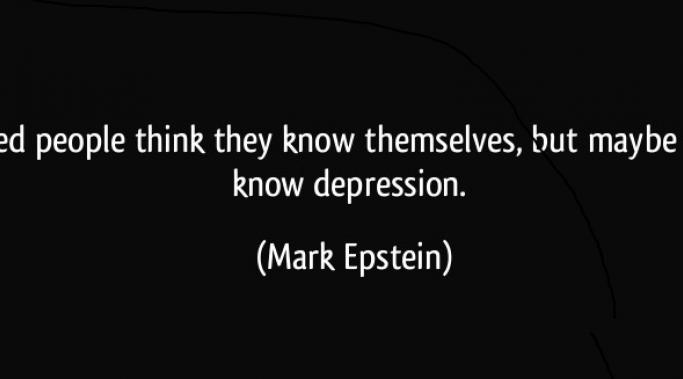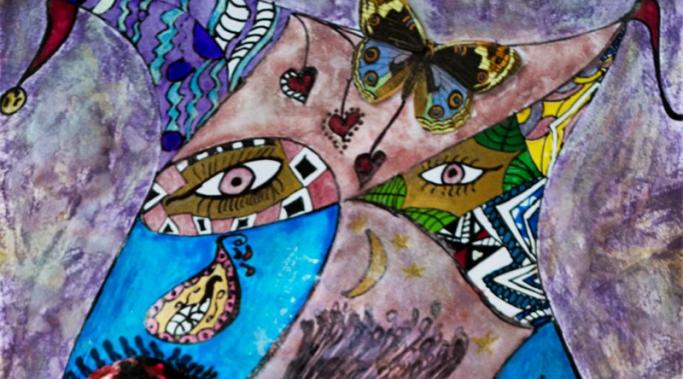Last week brought me a lesson in the need to be prepared when mental health triggers come, as they inevitably do in our recovery. These triggers can be dangerous because they can instantly transport us to a place of emotional turmoil and intensify our symptoms. In order to manage our illness, we must be prepared at all times. We never know when we can be triggered and we need to take steps to ensure we and others around us are safe.
This past week, there was a national firestorm with the release of American POW Bowe Bergdahl from captivity in Afghanistan. I had not known the story prior to this, but when I heard the circumstances of his experience, I was triggered in a way that hasn’t happened in a long time.
Mental Illness and Self-Care
Mental health recovery is an exercise in hope. Hope—the earnest expectation of coming good. Hope is indispensable to our recovery. Hope can help us move away from the terror of defeat and despondency. It's not an abstract idea that makes no real difference in our recovery. It’s the cornerstone upon which the entire recovery foundation is built. There can be no recovery without hope.
Despair on the other hand, is a hellish pit we can find ourselves in if we are not careful.
I lost a friend to suicide last week. A friend who struggled, triumphed and sadly, lost the battle with his mind. I have witnessed many of my friends and loved ones struggle with mental illness and it is heartbreaking on many levels.
Yet a *blessing* appeared in the form of a friend who experienced watching another friend’s depression and wanted to understand the cycle of depression better. I will share with you what my response was.
Let's face it: physical illness and mental illness don't mix. Dealing with mental illness symptoms of exhaustion, tension in the body, headaches (and the list goes on and on) is difficult. Mix in the flu or virus and between the two, it can feel as though you are boxing shadows. I recently experienced this and while I feel a bit better, there are observations that I made that I hope will help others.
Are Self-Help Books, Videos The Answer?
Whether the "problem" is mental illness, low self-esteem, feeling unfulfilled or any other "malady", there is a book, problem or savior for you! Walk into your local Barnes & Noble, Half-Price Books or independent bookseller and take note of how much real estate is devoted to the self-help titles. You Can Change Your Life, The Secret, The Law of Attraction. . .the key to a happy life is contained within. Can't you hear the harps playing as you crack it open? No? Me neither.
Life doesn't halt simply because a mental illness exists, as much as I might wish the world would occasionally stop and let me off. How can you maximize the highs and offset the lows of bipolar disorder?
PTSD triggers. For those of us with a mental health diagnosis (diagnoses), the definition of a trigger is far more than a level with a catch or means of releasing it. Triggers are a response to stimuli and a result of past trauma. PTSD triggers can include certain odors, a particular tone of voice, certain objects, places and so much more. The brain creates a physiological response: increased heart rate and respiration, sweating, a need to escape, a need for silence, sleeplessness, hyper vigilance and so much more. Responses to triggers are unique to each individual. No cookie cutter responses here!
There are four-letter words and then there are four-letter words. What four-letter word comes to mind when I say mental illness? Pain, fear, meds or perhaps a few salty words? What about hope? Does hope enter the conversation?
In this age of awareness and enlightenment, mental health awareness still generates a great deal of ignorance. Sometimes, even well-meaning statements perpetuate stigma, even on sites that seek to eradicate said stigma. Recently, the poster below came across my news feed from several mental health and depression pages. The depression quote is attributed to Mark Epstein, an American psychologist. While Mr. Epstein's credentials seemingly qualify him to speak knowledgeably on the subject, I do strenuously disagree with this quote's assertion.
Journaling for self-care eases the distress inherent in mental illness along with the stress of mental health stigma and maintaining the delicate balance of medication, therapy and building a positive support system. Blessings come from learning passionate self-care and finding expressive outlets for the sometimes overwhelming emotions and triggers. Journaling as a kind of self-care is easy, fun, unique and, above all, journaling is beneficial to your mental health.

